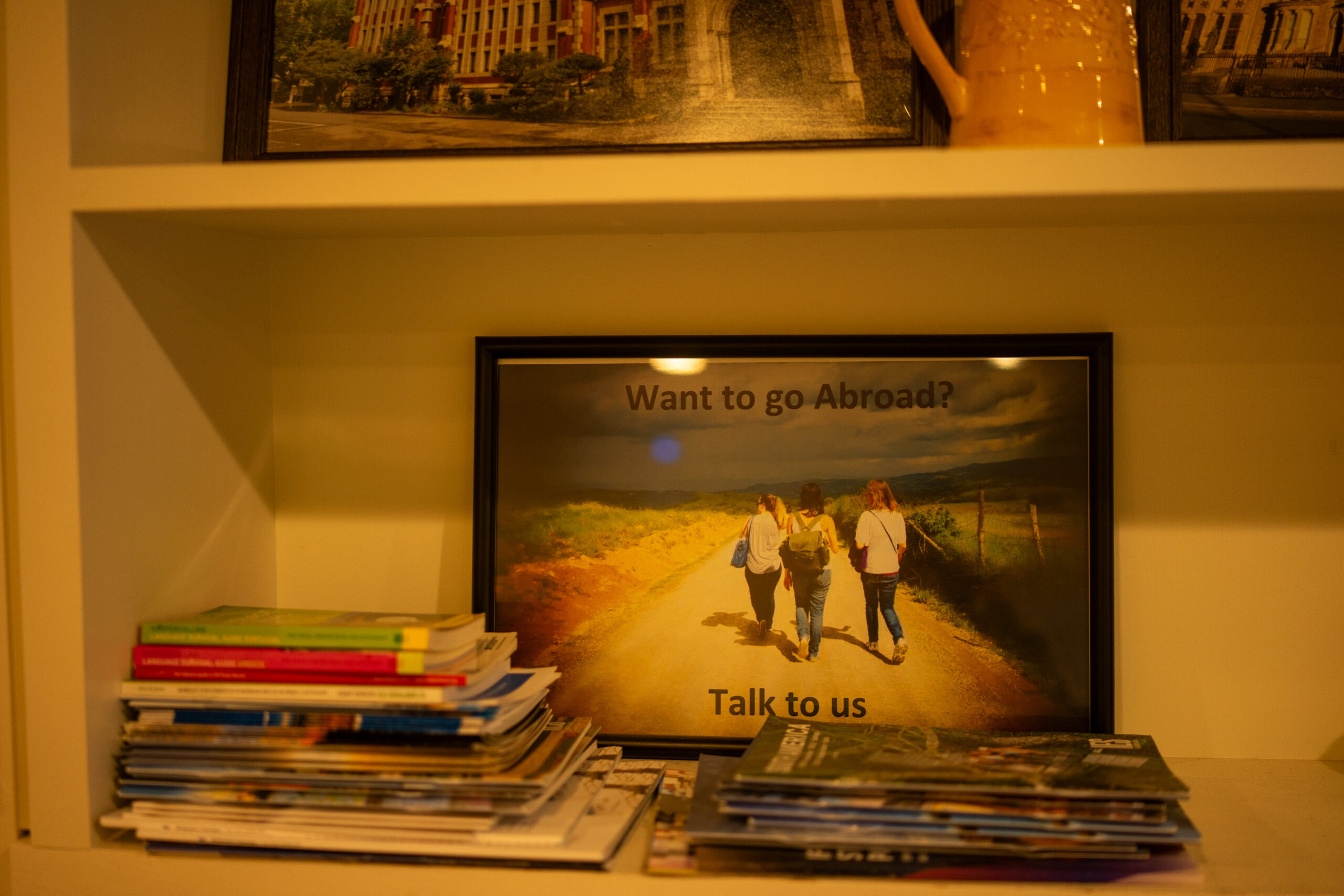[Editor’s note: Open letters published in the Bi-College News do not reflect the views of the publication, its staff, or its editorial board. This letter represents only the views of the author. The Bi-Co News continues to strive to reflect the perspectives and experiences of all students across the Consortium.]
My name is Lori Ackerman, and I plan to study abroad at the University of Haifa in Israel next spring. Both the University of Haifa and Hebrew University of Jerusalem are approved study abroad programs to Israel. I made two public comments about Resolution #9: “Cutting Study Abroad Ties with Two Approved Programs, In Line with Bryn Mawr Mission Statement,” at Spring Plenary last Sunday. This resolution aims to “institute ethical guidelines for Bryn Mawr’s approved study abroad partnerships, and to end Bryn Mawr’s approved programs with Hebrew University and the University of Haifa.” I want to expand on the discussion that we had during the community comment section.
It is important to note that the main impact of Resolution #9 is that it will stop Bryn Mawr from accepting credits transferred from these programs. The resolution presenters and several commenters suggested that students could participate in a non-college-approved study abroad program to Israel with minimal additional steps if Bryn Mawr stops approving the existing programs. The college does not award credit for unapproved programs. That will inherently discourage students from going to Israel-Palestine since it is difficult to pay thousands of dollars to do a program that one will not get class credit for.
Zines in support of Resolution #9 list several alternative programs for students, including Arabic study at the Sijal Institute in Jordan. Arabic has distinct dialects, one of which is the Palestinian dialect. The Sijal Institute teaches the Jordanian dialect, which is similar to the Palestinian dialect, but this is not a sufficient replacement for language immersion in Palestinian Arabic, which living in Haifa and Jerusalem provides. Learning Palestinian Arabic is an important way for solidarity activists to show up for Palestinians, especially as the Israeli state apparatus systemically erases Arabic in order to suppress Palestinian culture.
The resolution authors explained that they mainly take cues from Palestinian civil society organizations such as Palestinian Campaign for the Academic and Cultural Boycott of Israel (PACBI), rather than individual Palestinians. I understand this strategy because it seeks to avoid tokenizing individual Palestinians. At the same time, I think it is important to be realistic about how we can make the most impact as grassroots organizers. Campus, city, and other local solidarity organizers like those on our small campus are working with significantly reduced budgets. At the end of the day, I am the only Bryn Mawr student to apply for this program in at least six years. Withholding a single student’s tuition from the University of Haifa will not change its unethical practices, but it will take away opportunities for student leaders like me to make direct contacts on the ground, contacts who can more efficiently connect us with the people and groups in the most need, thereby maximizing impact from limited time and resources. Fundraisers receive more donations when organizers can personally vouch for recipients of funds, which build donors’ trust and confidence in the fundraiser. Personal connections also enhance educational events since attendees are more drawn to initiatives with a human face. I speak from experience as a co-organizer of several such fundraisers and educational events, which contributed more than $1,700 to a Palestinian and Israeli peace organization. Supporting Palestinians is more urgent now than ever, and ending approved study abroad to Israel in order to align the college with the PACBI does not feel worth it if it limits opportunities to run initiatives that materially increase the quality of life for oppressed people in Palestine and Israel. I hope you consider this when you cast your vote.
Lori Ackerman, Bryn Mawr ’27

3 comments
the international solidarity movement is a powerful organization that allows you to make contacts “on the ground” on the terms of palestinians in the West Bank. I encourage you to seek that out in your quest for solidarity and leadership. it’s surprisingly easy to not violate BDS when there’s an active genocide.
This is utter horse cr*p. If you genuinely care about ending Zionist apartheid and liberating Palestinians from their colonizers on their indigenous homeland (which I imagine you don’t, at the end of the day), then you would not contribute in any form to the very state furthering their oppression. Your disingenuous excuse to travel to Occupied Palestine to “learn Palestinian Arabic” is not only insulting but a reflection of the genocidal ideology that you continue to hold.
Post your name, coward. If you’re going to comment this self righteous propaganda word salad on a school newspaper, at least say it with your whole chest. Lori is actually trying to do something to promote peace. What are you doing, other than wasting your time on anonymous online harassment?